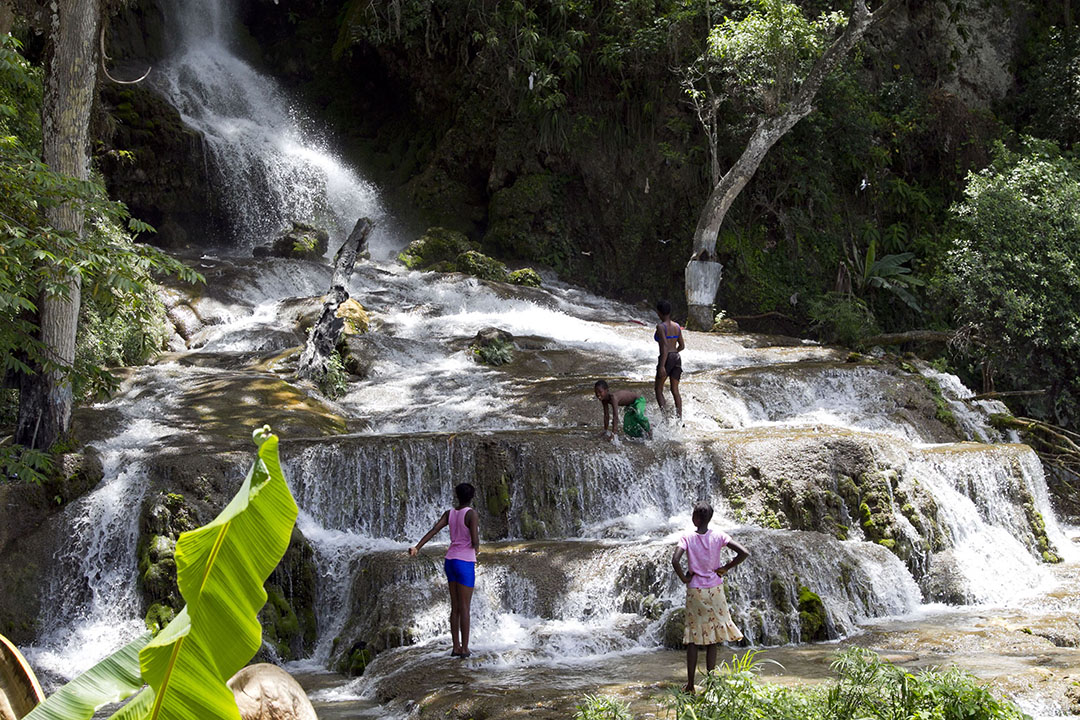Travel
Storms to disrupt holiday travel plans leading up to Christmas

As Christmas nears, holiday travelers face disruptions when storms hit the Northwest and spread to the central and eastern U.S., causing potential delays and hazardous conditions.
The holidays are rapidly approaching, but there’s still time to make those last-minute travel plans. Christie Hudson, Travel Expert from Expedia, shares tips on how to secure the flight you want this holiday season.
While no significant winter storms are in the offing for travelers and shoppers in the days leading up to Christmas, there will be multiple pesky storms that can cause their share of trouble, AccuWeather meteorologists advise.
An estimated 119 million people will travel 50 miles or during the latter half of December, which would be a new record, according to the American Automobile Association (AAA). If the weather cooperates, a slight drop in road travelers will be offset by an increase in airline passengers the company added.
A series of storms that run from the northern United States and the southern tier of Canada to the Atlantic coast will cause problems for travelers into the weekend.
The main role of the storm that exits the Northeast on Friday night will be to draw in the coldest air of the season with gusty winds.
The blustery and cold conditions will lead to shivers and quick steps for shoppers heading from store to store in the Northeast on Saturday. Some shoppers and travelers in the Northeast may have to contend with recent snowfall.
“Lake-enhanced snow can occur near Chicago and off the south shores of Lake Michigan on Friday morning,” AccuWeather Lead Long-Range Meteorologist Paul Pastelok said. “During the day Friday into Saturday, lake-effect can occur for all lakes with north-northwest to south-southeast bands of snow.”
The lake-effect snow bands will end swiftly in western areas and linger into Sunday in the eastern areas, Pastelok added. Within the snow bands, although likely not as intense as prior rounds so far this season, travel can be difficult, dangerous and disrupted.
“There will also be a weak clipper storm that spreads a narrow zone of snow from late Friday over the northern Plains to the southwestern Great Lakes region, including near Chicago on Saturday,” Pastelok said. “But this snow is likely to dissipate or diminish to flurries farther to the east.”
Jumping to the West, a brief break in the stormy pattern for the Northwest and Northern California is in store from Wednesday through Friday.
However, travel in the Northwest to Northern California will become challenging once again as multiple storms roll in from the Pacific from this weekend to the day after Christmas.
“One storm will move through the area on Saturday with some rain and mountain snow,” Pastelok said. “A stronger storm will follow early next week, before the Christmas holiday, with heavy rain, heavy mountain snow and wind, which can extend into Northern and Central California. A third storm will follow from later Christmas Day into Dec. 26.”
At least one of the storms to move in from the Pacific can be on the stronger end of the spectrum but perhaps not as intense as some of those that have rolled ashore in recent weeks.
Main highways and secondary roads in coastal and low-elevation areas will sometimes be slick, and the risk of blowing spray and hydroplaning will increase the chance of accidents. The rain, poor visibility and gusty winds can lead to airline backups from San Francisco to Seattle. Travel over some of the higher terrain, including Donner Pass, California, and Snoqualmie Pass, Washington, could be quite wintry with the possibility of road closures.
There will be another storm to track from the North Central states to the Northeast next week.
“A weak storm is likely to move quickly eastward from the Great Lakes and Ohio Valley during the day on Dec. 24 and then through the central Appalachians, the mid-Atlantic and New England from the evening hours on Dec. 24 to early on Christmas Day,” Pastelok explained. “This storm will bring mostly rain but can bring some mixed frozen precipitation, especially over the northern tier and mountains.”
The precipitation with that storm from Dec. 24-25 could be spotty and light, with gaps where little or no precipitation occurs.
Soon after that storm leaves the East, another area of moisture will gather along the Gulf coast on Christmas Day. The storm could spoil some outdoor plans, such as an outdoor cookout or holiday gathering.
“Depending on how quickly that Gulf storm expands northward, rain could extend from the lower Mississippi Valley to the Tennessee and Ohio valleys and into the interior Northeast late Christmas Day or on Dec. 26,” Pastelok said.
The timing of such weather events can be affected by the track and intensity of storms beforehand. For example, a slightly stronger storm a day or two before anywhere in the U.S. can slow down the arrival of the next storm.
Anytime rain and mild air are involved in the wintertime, there is the risk of fog. As mild, moist air moves over cold ground or snow cover, fog can form.
There will be episodes of fog along the Gulf coast that motorists should watch out for. Dense fog led to multiple vehicle accidents on Tuesday. When dense fog occurs at airports, especially secondary sites that rely more on visibility rather than instrumentation, substantial airline delays can occur.
A push of drier and cooler air should prevent or greatly limit fog patches from Thursday to Sunday. However, as a light flow of moisture resumes next week, locally dense fog may return along the Gulf coast and in parts of the interior South, especially from late night through the midday hours.
Want next-level safety, ad-free? Unlock advanced, hyperlocal severe weather alerts when you subscribe to Premium+ on the AccuWeather app. AccuWeather Alerts™ are prompted by our expert meteorologists who monitor and analyze dangerous weather risks 24/7 to keep you and your family safer.










